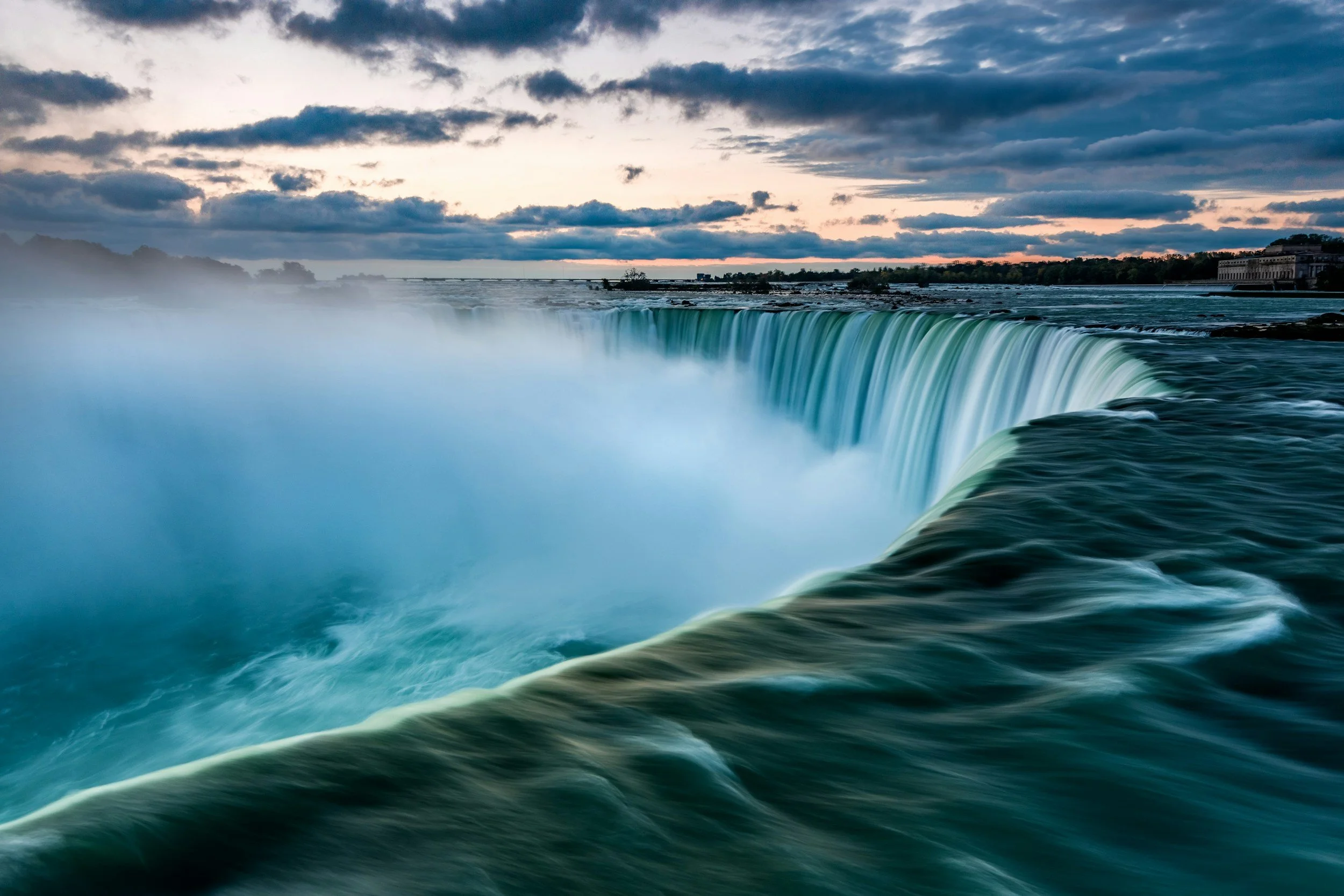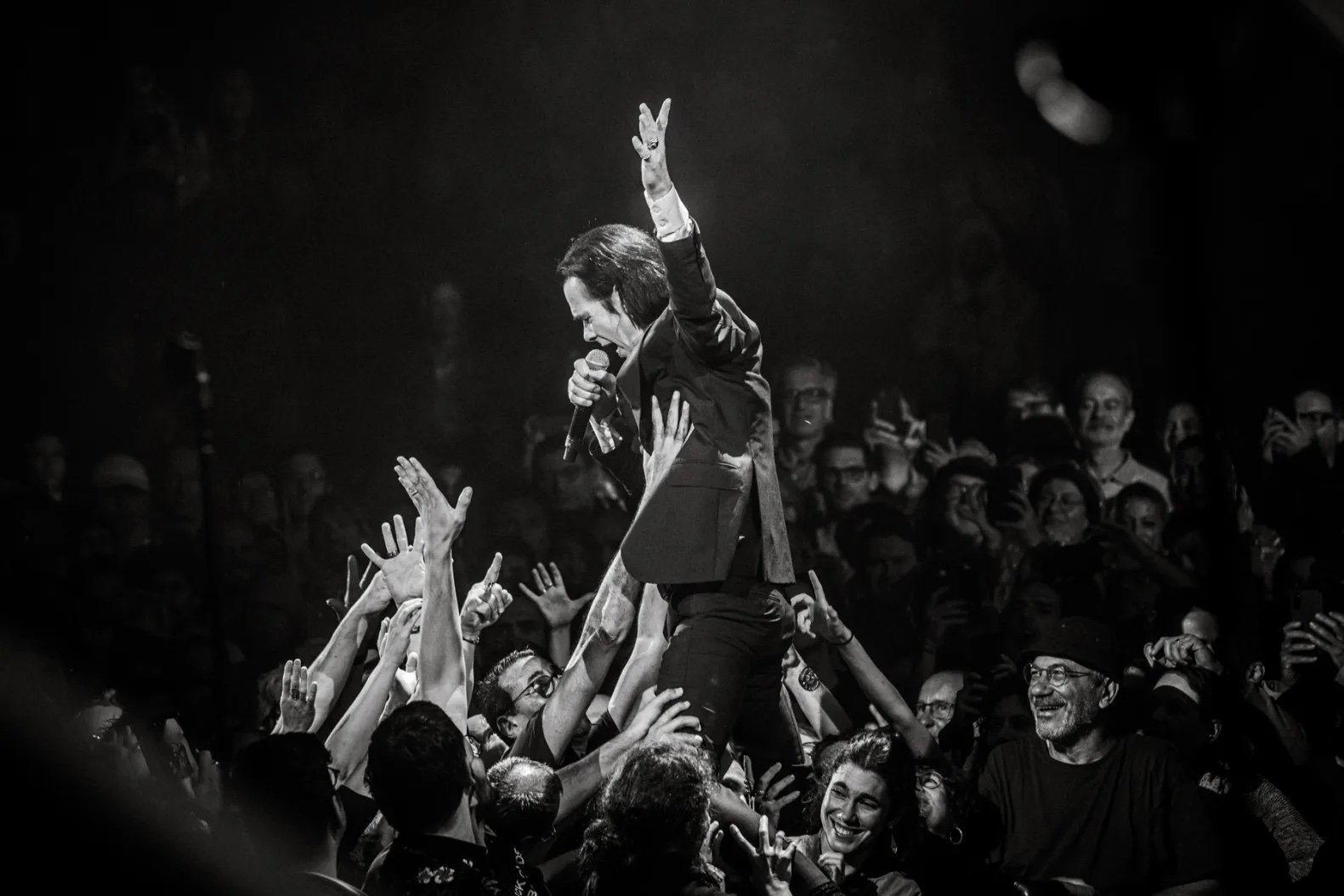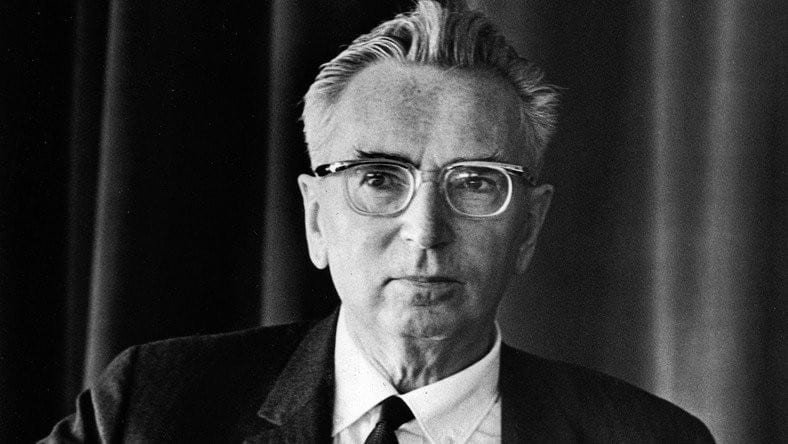By Coral Van Noy
“The most beautiful thing we can experience is the mysterious. It is the source of all true art and science. He to whom this emotion is a stranger, who can no longer pause to wonder and stand rapt in awe, his eyes are closed.”
This summer, I had the chance to visit Niagara Falls, a group of waterfalls which span the border between Ontario, Canada, and the state of New York. Niagara Falls has been described as one of seven natural wonders of the world, and after visiting, I would have to agree with whoever declared these falls a wonder of nature. Standing on a boat in the center of thousands of tons of water pouring down around us was truly something unlike anything I’ve ever experienced. As part of this same trip, I was also able to join with family to visit historical locations relevant to my family’s faith tradition, and similarly felt a sense of wonder as we gathered and reflected spiritually.
Dr. Dacher Keltner, a leading psychologist in awe research, has identified eight wonders of human life that invite experiences of awe, one of which is spirituality (Keltner, 2023).
Just as there are many ways awe can be experienced, spirituality is a broad concept that encompasses many different approaches to finding connection with something larger than oneself, the sacred, or the divine. Spirituality can include experiences through organized or religious practice as well as nontheistic conceptions of a higher power or transcendent reality (Schlehofer et al., 2008).
Extensive research in awe has found a connection between spirituality and experiences of awe, both of which independently have been found to promote physical and mental well-being through areas such as social connection and reduced anxiety (Monroy & Keltner, 2022). Studies have found that the feeling of the small self, or a sense of diminished self-importance, is particularly vital in the relationship between spiritual experiences and feelings of awe (Preston & Shin, 2016). Additionally, this connection of awe, spiritual experiences, and the small self were found for both religious and non-religious individuals. Though people may differ in the kinds of spiritual experiences they have, spirituality is a powerful way to encourage the mind-expanding emotion of awe.
In my life, I’ve found that experiences with spirituality and awe tend to fuel each other. I feel more connected spiritually when I experience awe. Likewise, as I implement spiritual practices into my life, I find myself more open to opportunities that invite a sense of awe and wonder.
In exploring this topic, it’s become clear that this experience is not unique to me. The stories of others can provide inspiration for moving forward or remind us of past experiences that brought us awe. With that in mind, I’ve collected a few stories or perspectives of awe and wonder in connection with the spiritual.
Jane Goodall
Jane Goodall, well known for her research with Chimpanzees, described in her memoire, Reason for Hope: A Spiritual Journey (1999), two moving experiences of spiritual awe in her life.
While in Paris for a conference, Goodall visited Notre Dame. As she sat in the stillness of the cathedral, organ music filled the vast space. She wrote, “It was as though the music itself was alive. That moment, a suddenly captured moment of eternity, was perhaps the closest I have ever come to experiencing ecstasy, the ecstasy of the mystic.”
Years later, she details another experience of awe, though in a different setting: the rainforest of Gombe, Tanzania. After travelling up a mountainside one morning with a family of chimpanzees, a sudden storm descended. They took shelter together under the trees before traveling back home. As the clouds cleared, Jane and the chimpanzees stood on a ridge that overlooked the forest. In this moment, Jane again felt an overwhelming sense of wholeness and spiritual connection, writing:
“It seemed to me, as I struggled afterward to recall the experience, that self was utterly absent: I and the chimpanzees, the earth and trees and air, seemed to merge, to become one with the spirit power of life itself.”
Nick Cave
Within spirituality and awe, there is a sense of mystery; a reaching past our ability to understand. Music has long been a significant element of human expression, connection, culture, religious and spiritual practice. It can connect us to spirituality by providing access to and expression of something greater than ourselves.
Nick Cave, an Australian musician, explained his opinion of this connection of music, mystery, and awe. He wrote:
“What a great song makes us feel is a sense of awe. There is a reason for this. A sense of awe is almost exclusively predicated on our limitations as human beings. It is entirely to do with our audacity as humans to reach beyond our potential… What we are actually listening to is human limitation and the audacity to transcend it… If we have limitless potential then what is there to transcend? And therefore what is the purpose of the imagination at all. Music has the ability to touch the celestial sphere with the tips of its fingers and the awe and wonder we feel is in the desperate temerity of the reach, not just the outcome.” (Cave, 2019).
Viktor Frankl
Viktor Frankl was an influential Austrian psychiatrist. He survived the Holocaust, but across 3 years in concentration camps, his entire family was killed. In A Man’s Search for Meaning, Frankl writes of an experience of awe during the lonely period after the war:
“One day, a few days after the liberation, I walked through the country past flowering meadows, for miles and miles, toward the market town near the camp. Larks rose to the sky and I could hear their joyous song. There was no one to be seen for miles around; there was nothing but the wide earth and sky and the larks’ jubilation and the freedom of space. I stopped, looked around, and up to the sky—and then I went down on my knees. At that moment there was very little I knew of myself or of the world—I had but one sentence in mind—always the same: ‘I called to the Lord from my narrow prison and He answered me in the freedom of space.’ How long I knelt there and repeated this sentence memory can no longer recall. But I know that on that day, in that hour, my new life started. Step for step I progressed, until again I became a human being.” (Frankl, 1963, pp. 141-42)
Lightning Bolt Awe
Dr. David Elkins, a clinical psychologist, wrote:
“Awe is a lightning bolt that marks in memory those moments when the doors of perception are cleansed and we see with startling clarity what is truly important in life. Moments of awe may be the most important, transformative experiences of life.” (Elkins, 2001)
Just as Jane, Nick, and Viktor’s perspectives highlight, moments of awe can be instrumental in determining our values and passions. Experiences of awe can also be guiding and energizing as we seek to find a sense or practice of spirituality that feels right for us.
Take a moment to reflect upon experiences of awe you’ve had in your life. What do they tell you about what is most important to you? How might they guide your life’s pursuits and everyday routines? Reflecting on these experiences can light your way to discovering what brings you meaning in life, contributing to a life of flourishing.
“The invariable mark of wisdom is to see the miraculous in the common.”
References
Cave, N. (2019, January 23). Considering human imagination the last piece of wilderness, do you think AI will ever be able to write a good. . . The Red Hand Files. https://www.theredhandfiles.com/considering-human-imagination-the-last-piece-of-wilderness-do-you-think-ai-will-ever-be-able-to-write-a-good-song/
Elkins, D. N. (2001). Reflections on mystery and awe. The Psychotherapy Patient, 11(3-4), 163. https://doi.org/10.1300/j358v11n03_12
Frankl, V. (1963). Man’s search for meaning. New York: Pocket Books.
Goodall, J., & Berman, P. L. (1999). Reason for hope: a spiritual journey. Warner Books.
Keltner, D. (2023, November 16). The science of wonder. Mindful. https://www.mindful.org/the-science-of-wonder/
Monroy, M., & Keltner, D. (2022). Awe as a pathway to mental and physical health. Perspectives on Psychological Science, 18(2), 309. https://doi.org/10.1177/17456916221094856
Preston, J. L., & Shin, F. (2016). Spiritual experiences evoke awe through the small self in both religious and non-religious individuals. Journal of Experimental Social Psychology, 70, 212. https://doi.org/10.1016/j.jesp.2016.11.006
Schlehofer, M. M., Omoto, A. M., & Adelman, J. R. (2008). How do 'religion' and 'spirituality' differ? lay definitions among older adults. Journal for the Scientific Study of Religion, 47(3), 411–425. https://doi.org/10.1111/j.1468-5906.2008.00418.x






